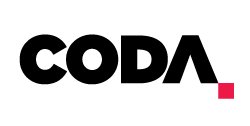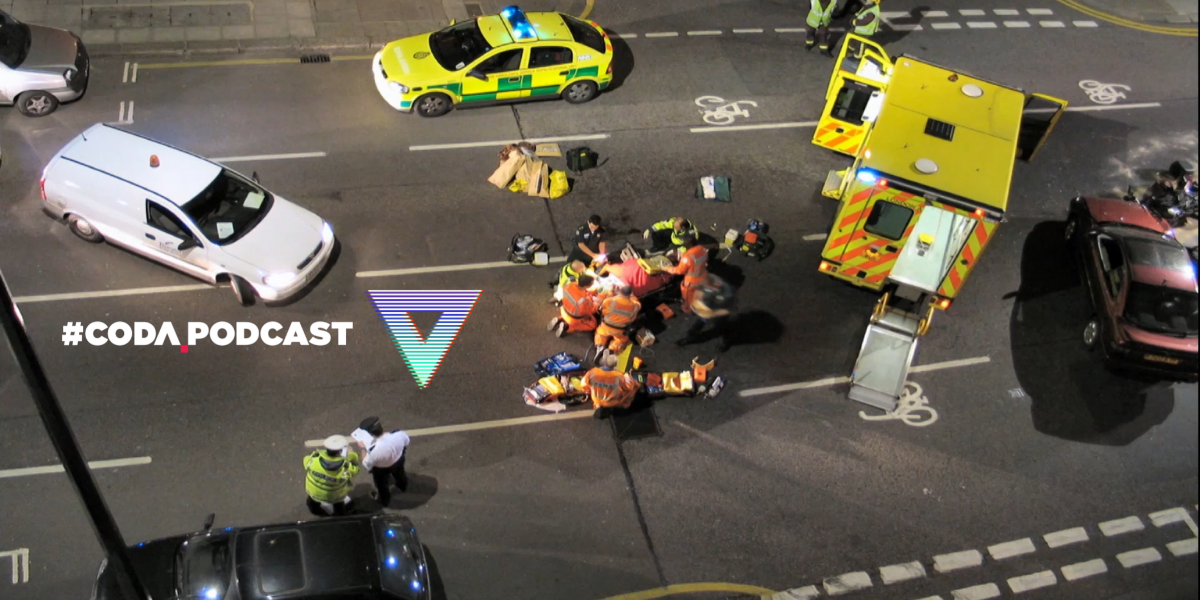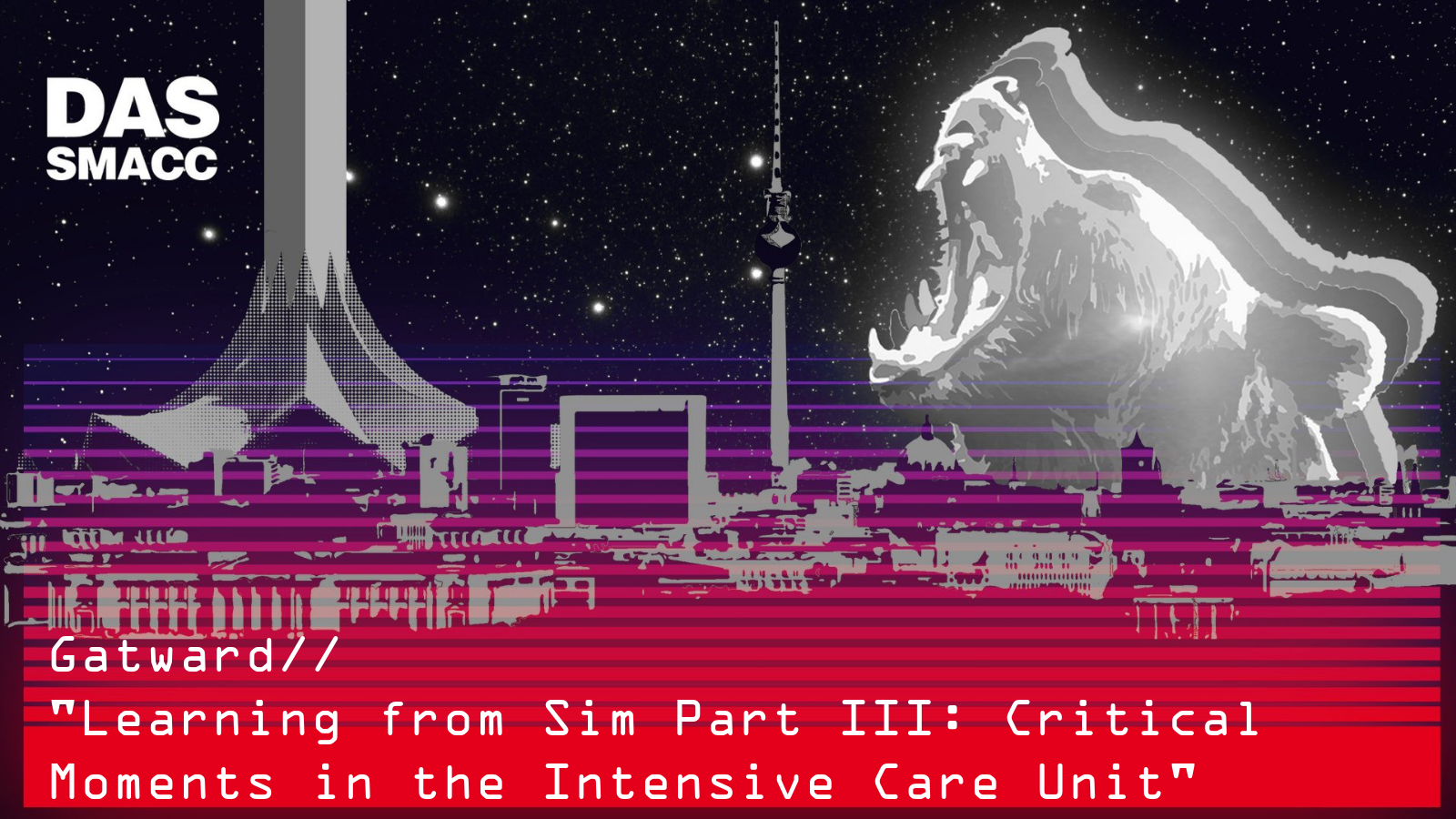Cognitive overload and prehospital emergencies by Stephen Hearns
Everyone’s cognitive capacity is limited and it’s easy to become overloaded and for performance to be impacted.
In medicine an overloaded cognitive capacity could be the difference between life and death. Retrieval medicine is unpredictable, critical and fast-paced. Let’s face it, multi-casualty incidents are the pinnacle of cognitive overload.
Ultimately, cognitive overload in retrieval medicine results in an unsafe environment and compromised decision making. We need to rely on strategies and processes to reduce our cognitive burden. Eliminating the need to make decisions, allows for a better response to unpredictable scenarios.
Stephen suggests some strategies.
Firstly, identify the predictable recurring components and plan for them. Practice implementing the plan, fine tuning the response and ensuring that the whole team is on the same page.
Secondly, streamlining communication can have a significant impact on the outcome of high-pressured situations. It can also help us reduce stress and stay in control. It is crucial to tell the team when you are overloaded and encourage your colleagues to do the same.
Thirdly, delegate and outsource decision making. Teamwork is critical and can make or break an outcome. Rely on writing lists and prioritising actions. It is an excellent way to seek clarity in high-pressured situations.
Finally, plan, practice and predict the predictable. That way, when the unpredictable happens it has our full attention.
Tune in to a DAS SMACC talk by Stephen Hearns on cognitive overload and prehospital emergencies.
For more like this, head to our podcast page. #CodaPodcast





